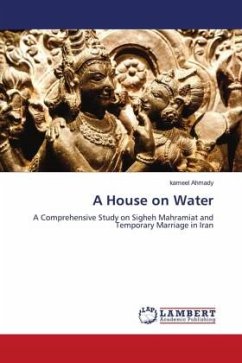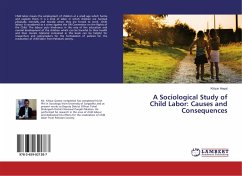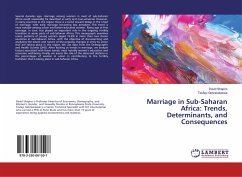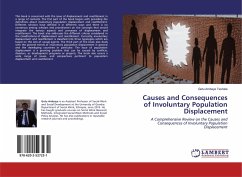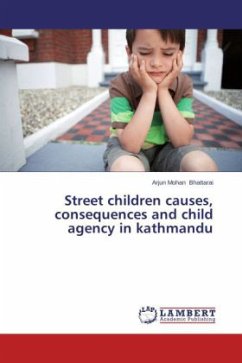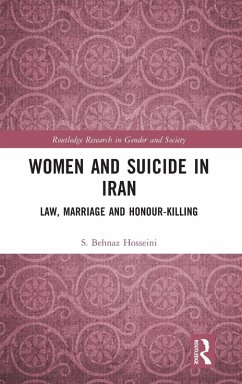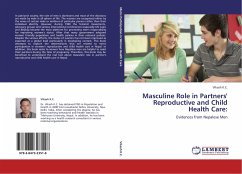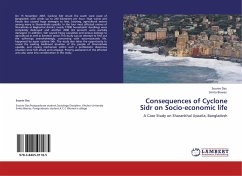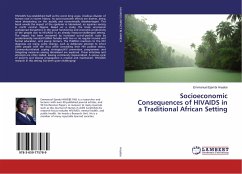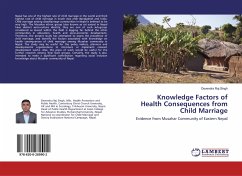
Knowledge Factors of Health Consequences from Child Marriage
Evidence from Musahar Community of Eastern Nepal
Versandkostenfrei!
Versandfertig in 6-10 Tagen
36,99 €
inkl. MwSt.

PAYBACK Punkte
18 °P sammeln!
Nepal has one of the highest rate of child marriage in the world and third highest rate of child marriage in South Asia after Bangladesh and India. Child marriage among disadvantage communities in Nepal is believed to be very high. The Musahar ethnic group (also known as rat eaters) in Nepal have distinct socio-culture identity, they are one of such sub-group considered as lowest within the Dalit is lagging far behind the other communities in education, health and socio-economic development. Therefore, the present study has attempted to assess the prevalence of child marriage, and identify the...
Nepal has one of the highest rate of child marriage in the world and third highest rate of child marriage in South Asia after Bangladesh and India. Child marriage among disadvantage communities in Nepal is believed to be very high. The Musahar ethnic group (also known as rat eaters) in Nepal have distinct socio-culture identity, they are one of such sub-group considered as lowest within the Dalit is lagging far behind the other communities in education, health and socio-economic development. Therefore, the present study has attempted to assess the prevalence of child marriage, and identify the factors associated with knowledge on health consequences of child marriage among Musahar community in Nepal. The study may be useful for the policy makers, planners and developmental organizations to introduce or implement relevant development works. Also, this piece of work would be useful for the further research among Terai Dalit groups. Certainly, the study is also intended to make a significant contribution regarding social inclusion knowledge about Musahar community of Nepal.



